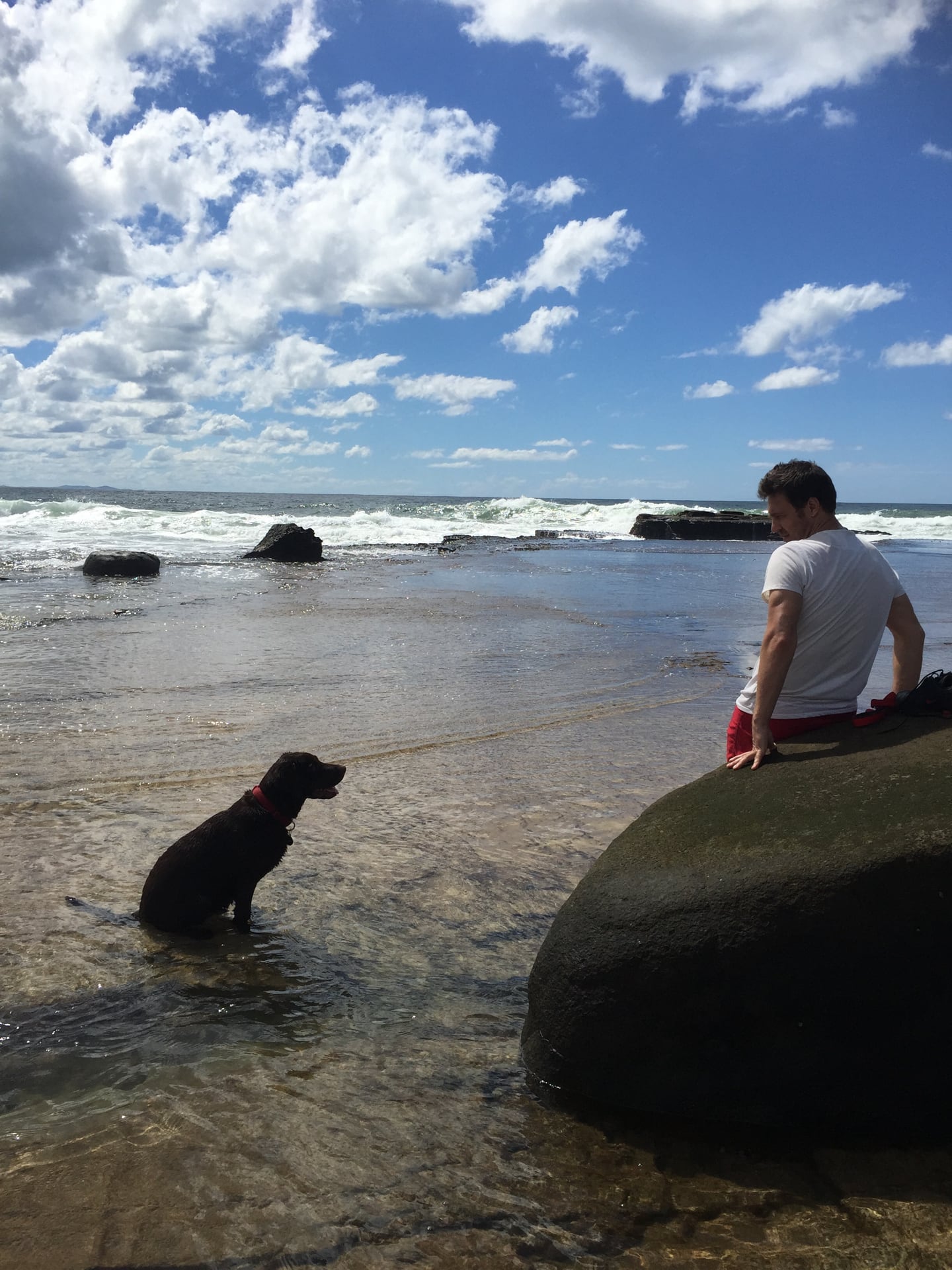 By Dr Stan Steindl, Clinical Psychologist
By Dr Stan Steindl, Clinical Psychologist
As the 100th anniversary of the Battle of Gallipoli approaches, we are inspired by the great heroics of soldiers in combat serving and protecting our nation, and we are humbled by the enormous sacrifices they’ve made. Many men and women over the last 100 years have made the ultimate sacrifice for their country, and we remember them. A great many other men and women who returned from the various wars and overseas missions have gone on to live under the heavy burden of posttraumatic stress disorder (PTSD).
Though for a long time not formally recognised, the psychological effects of combat-related trauma have been observed and documented throughout the twentieth century. ‘Shell shock’, ‘combat fatigue’ and other more disparaging terms have been used to describe combat veterans suffering from PTSD. References to this condition can be found in many writings from Ancient Greek texts through to Shakespeare’s works, through to articles at the time of the American Civil War. However, PTSD became a recognised psychiatric condition in the early 1980s after our experience of veterans returning from the Vietnam War.
Since then, we have developed a number of evidence-based treatments for PTSD. Multidisciplinary approaches, incorporating medicines, psychological counselling, coping skills development and exposure-based therapies seem to help with this condition, making things more manageable and aiding the veteran to return to higher levels of functioning and quality of life. However, PTSD does not yet seem to be something that can be ‘cured’ and constant efforts are being made to improve treatments and services for supporting veterans.
I have now had the opportunities to work with hundreds of veterans over about the last twenty years. They have always impressed me with their ingenuity and advocacy, and to be frank many of the veteran support initiatives have come from the veteran community themselves. Over recent years I have started to notice the latest in such initiatives: therapy dogs.
Many veterans now have therapy dogs, designed to offer companionship, support and comfort to veterans with PTSD. One veteran and defence force personnel support organisation, Young Diggers, has set up The Dog Squad, which connects veterans with puppies and rescue dogs. An intensive training program is undertaken so that these dogs and their owners become very well-trained and disciplined with one another.
So, how might a dog be helpful for veterans?
Well, dogs are vigilant and protective. They can wake a veteran from nightmares or reassure them during flashbacks. They respond well to authority, which many veterans and military personnel are used to. They love unconditionally and uncomplicatedly, welcoming the veteran home every single time, and not playing complex emotional games. They can help the veteran to relearn trust and safety, and to relearn how to love and be loved. And they offer the veteran meaning, purpose, connection and a reason to get into the day.
None of this has been empirically validated as yet, but it seems to have a lot of face validity. Dogs are our best friends after all! But also, I have seen it work. Veterans, who soften, relax, smile and simply become comfortable in a situation where a well-trained therapy dog is present. I hope that this approach can continue to be explored, and properly developed, into a program that can really add value to veterans’ PTSD treatment.
For more information on Stan and the team of Clinical Psychologists at Psychology Consultants, visit www.psychologyconsultants.com.au

You must be logged in to post a comment.